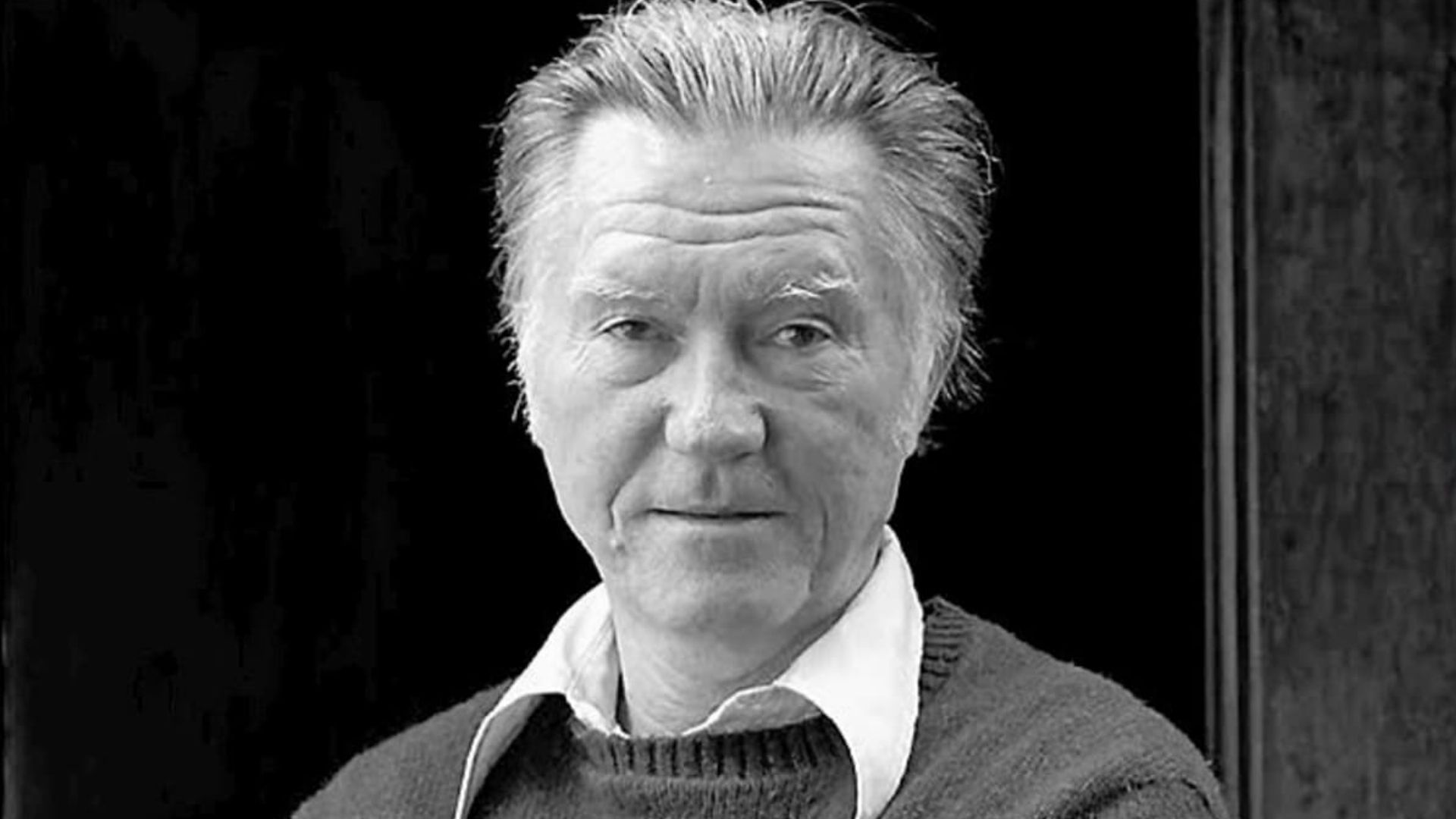Notice What This Poem Is Not Doing Poem by William Stafford
Notice What This Poem Is Not Doing
The light along the hills in the morning
comes down slowly, naming the trees
white, then coasting the ground for stones to nominate.
Notice what this poem is not doing.
A house, a house, a barn, the old
quarry, where the river shrugs--
how much of this place is yours?
Notice what this poem is not doing.
Every person gone has taken a stone
to hold, and catch the sun. The carving
says, "Not here, but called away."
Notice what this poem is not doing.
The sun, the earth, the sky, all wait.
The crowns and redbirds talk. The light
along the hills has come, has found you.
Notice what this poem has not done.
Wow...I've gone to several sites to find out what people think this poem might be about. One person mentionned something about open-endedness, which resonated more with me than most of the other comments (except, perhaps, for the ones that just claimed to have no idea what it was about) . One possible way of seeing it: the poem, while evoking images, can't experience any of the things that we do. And maybe it's a gentle reminder that it/poetry can't substitute for living our lives.
The poem speaks to those who have departed. It speaks no words and yet volumes. Leaves no details, but images and shadows of living and dead. It speaks in the spaces and gaps and does not make a sound. It pulses with vibrant unfulfilled motions and departs unadorned.
such a lovely deep poem. hill climbing letting child hit summit first
This poem has not been translated into any other language yet.
I would like to translate this poem
The poem has nor rhymed, that's what